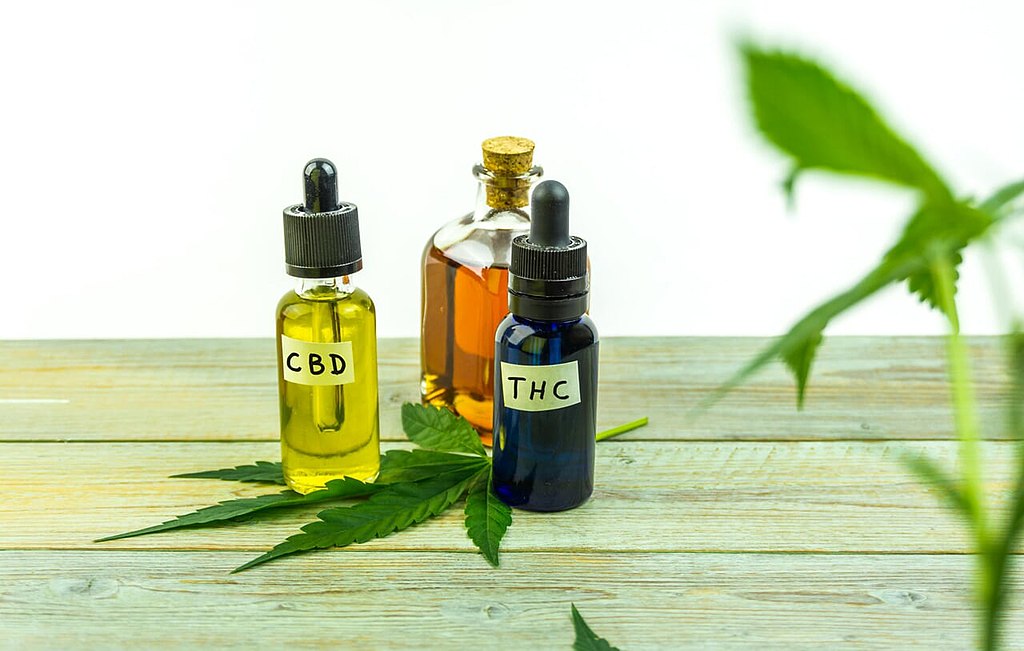‘Citizen journalism’ is no friend to cannabis research, and consumers remain either bewildered or fooled
Cannabis “cures all diseases,” declared a guy named Peter Jonathan Hanna on Twitter in December 2019, just as Americans were starting to freak out over the global spread of COVID, then a couple of months away from reaching U.S. shores. Around the same time, he averred, “I am the first person in history to explain the exact science of how cannabis cures all cancers.”
In one sense, Hanna (not—if one hasn’t guessed—a scientist) was just another Twitter rando saying crazy shit. But he also had, and still has, a fairly big following. More to the point, he’s one of perhaps millions of people running around this Internet saying stuff like this in the golden new era of “citizen journalism.”
Hanna is still at it, now calling himself “Peter The Healer.” His bio now reads sort of like that of a crypto bro: “The Creator of a Superior health system called the Natural Healing System. It’s different than the naturopathic system because it focuses on decentralization.” Well, ok then!
Cannabis and CBD companies hire lawyers to protect themselves from liability for making dicey health claims. Well, most of them do. Others just go whole-hog, sometimes eliciting warning letters from the Food and Drug Administration. Usually, the lawyers will advise their clients not to make any health claims at all, the idea being that people hear about health benefits via word of mouth, or perhaps from their doctors, and there’s no need to market products by making specific assertions.
This has led to mass confusion in the marketplace because lots of people have no idea how to go about learning the truth, and many are given to believing nonsense. Another big problem: Because researchers were barred by law for many years from studying the health effects of weed (both good and bad) and still face a lot of restrictions thanks to pot still being illegal at the federal level, consumers are left to rely on what scant research has been done.
Of course, the fact that Hanna and his ilk are disinformation merchants doesn’t mean they are always wrong. Cannabis doesn’t “cure” COVID. Nor, certainly, does it “cure” cancer. At the same time, though, there is some research indicating that cannabis might bestow some palliative properties in both cases. A fair amount of research indicates that cannabis might contain some antiviral properties.
And just last month, researchers added to the small-but-growing pile of evidence that CBD, in particular, might help inhibit the growth of some tumors. The researchers cautioned, however, that CBD’s “anti-tumor effect remains controversial and its application is limited.”
There is strong indication that cannabis in general and CBD in particular has several curative or palliative effects. Its effect on limiting the severity of certain kinds of seizures, for example, led to the approval of CBD-based medicine by the FDA a few years ago. There are indications that it can help with anxiety, PTSD, nausea, pain and insomnia.
It really might turn out to be a wonder drug. But the public just doesn’t know yet how wondrous it might be. Because of this, legit marketers are more appalled than anyone by bullshit claims made by charlatans: It doesn’t help their business.
The FDA has been less than helpful on this score. They’ve been reviewing proposed rules for marketing hemp-based food products and supplements (such as CBD) for years now. But at long last, they might finally be coming: The agency announced last month that it is nearing a decision on the rules (which would also cover another problematic product: Delta-8 THC, which is made from hemp, but can get one high).
Sadly, that decision might be to simply turn the whole thing over to Congress to create laws under which the FDA could write rules with more guidance. Given the current makeup of the House in particular, that would be less than optimal.
In the meantime, the market for CBD remains a free-for-all, and consumers remain either bewildered or fooled.








